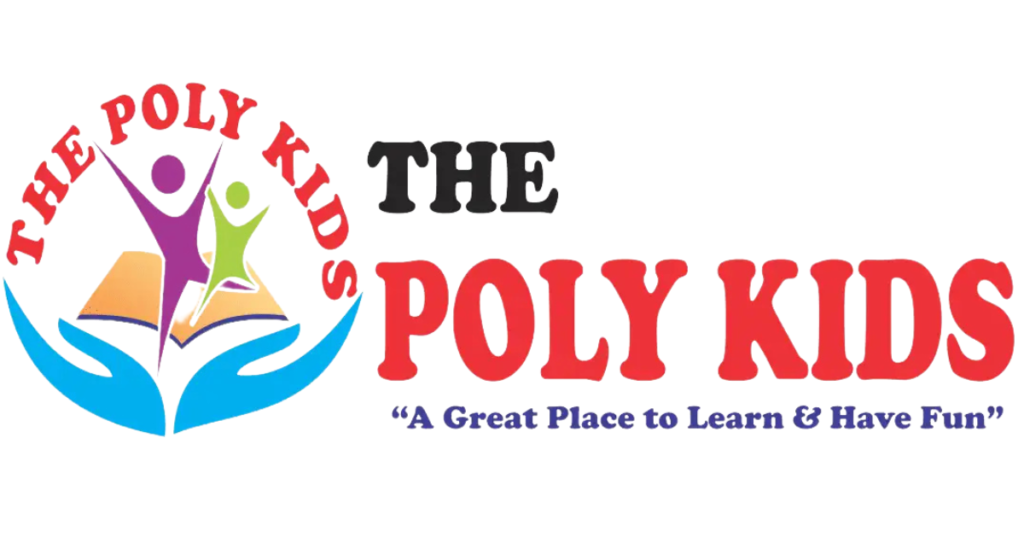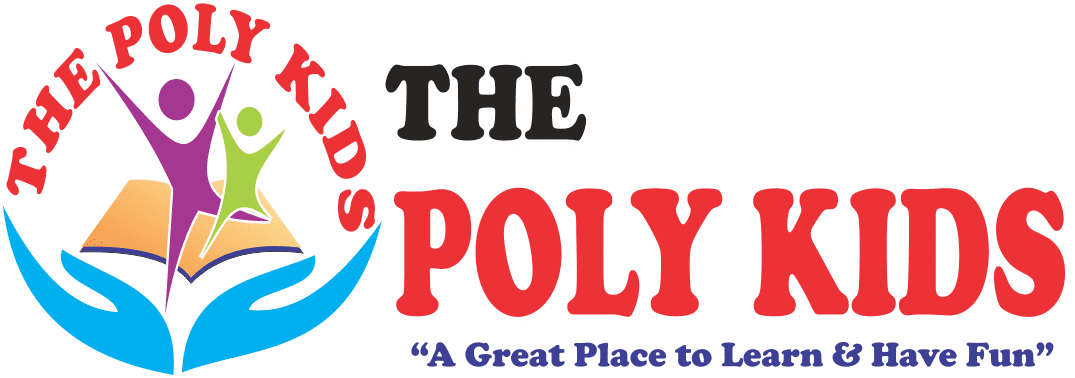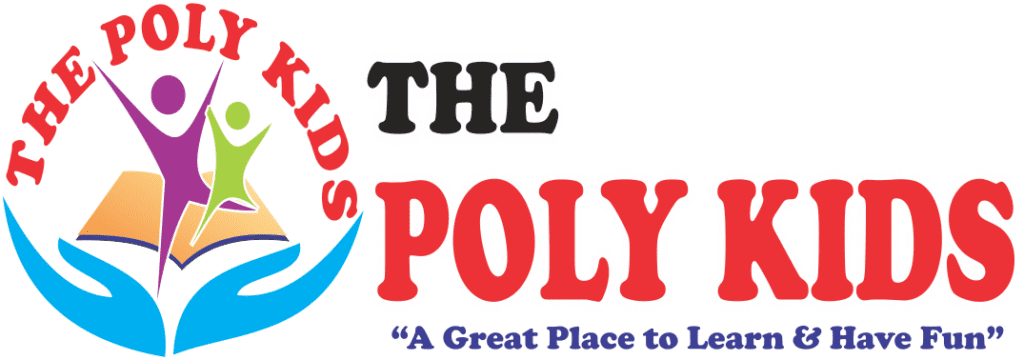Innovative Preschool Education Techniques: Hands-On & Play-Based Learning
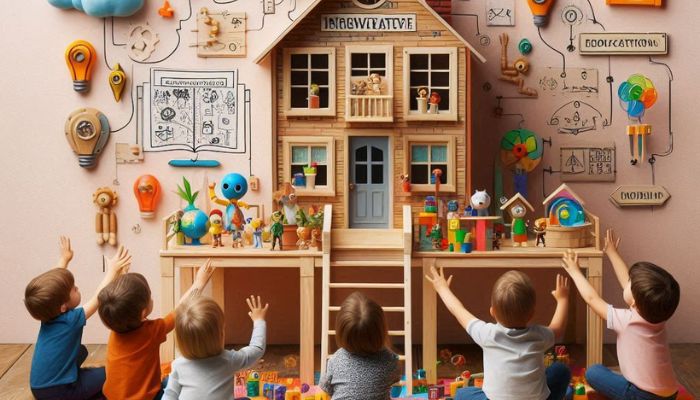
Preschool education is a pivotal phase in a child’s developmental journey. As educators seek to create more effective learning environments, innovative preschool education techniques have emerged as powerful tools to engage young learners. These methods, including hands-on learning and play-based activities, not only foster creativity and problem-solving but also instill a love for learning. In this blog, we explore some of the most effective techniques shaping modern early childhood education.
The Power of Hands-On Learning
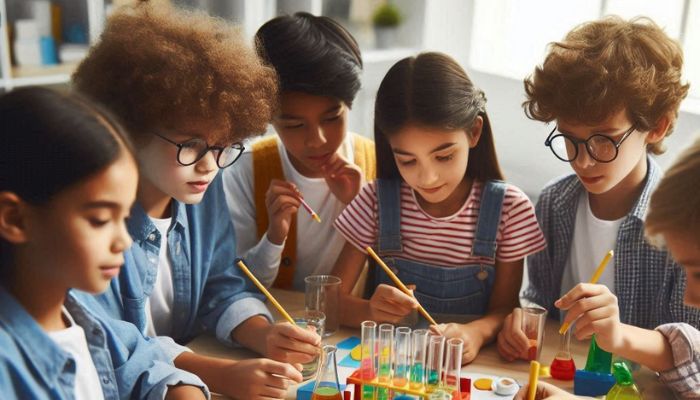
One of the most effective innovative preschool education techniques is hands-on learning. This approach allows children to physically engage with their surroundings, which enhances cognitive and motor skills. Activities such as building blocks, sensory tables, and interactive art projects encourage children to explore and discover concepts on their own. By manipulating objects and engaging in experiments, children learn cause and effect, spatial relationships, and other foundational concepts.
Play-Based Activities: Learning Through Fun
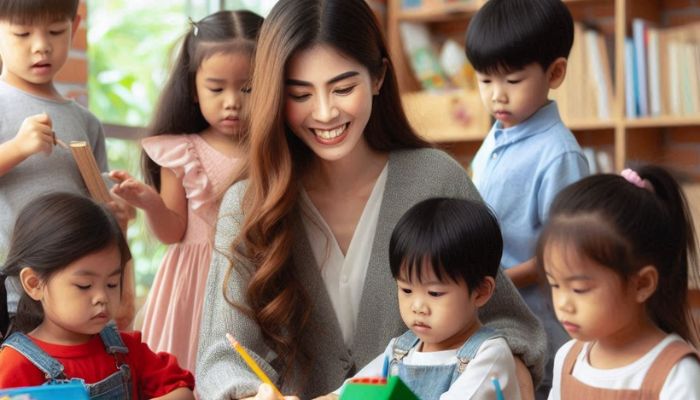
Play-based learning is another essential component of innovative preschool education techniques. It emphasizes the importance of play in cognitive and social development. Through structured and unstructured play, children develop language skills, social interaction abilities, and emotional regulation. Activities like role-playing, storytelling, and group games allow children to learn through fun and interaction, making abstract concepts easier to grasp.
Blending Technology with Traditional Methods
In today’s digital age, integrating technology with traditional innovative preschool education techniques is becoming more common. Interactive educational tools, such as digital storytelling, apps that teach basic math and literacy skills, and virtual puzzles, provide a modern twist to hands-on learning. These tools can be used alongside classic play-based activities to create a dynamic and enriching learning environment.
Creative Arts as Learning Tools
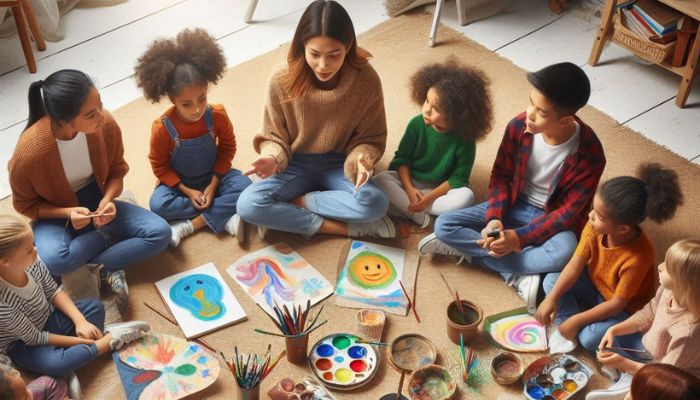
Art is an integral part of early education, and it plays a significant role in innovative preschool education techniques. Creative arts such as painting, music, and dance allow children to express themselves freely while developing fine motor skills and hand-eye coordination. Art also encourages problem-solving and critical thinking as children experiment with different colors, shapes, and sounds.
Sensory Learning and Exploration
Another essential aspect of innovative preschool education techniques is sensory learning. This approach involves engaging a child’s five senses through activities like touching different textures, listening to various sounds, and tasting new foods. Sensory play helps in developing language skills as children describe what they see, hear, or feel. It also improves concentration and promotes calmness in children.
The Role of Outdoor Learning
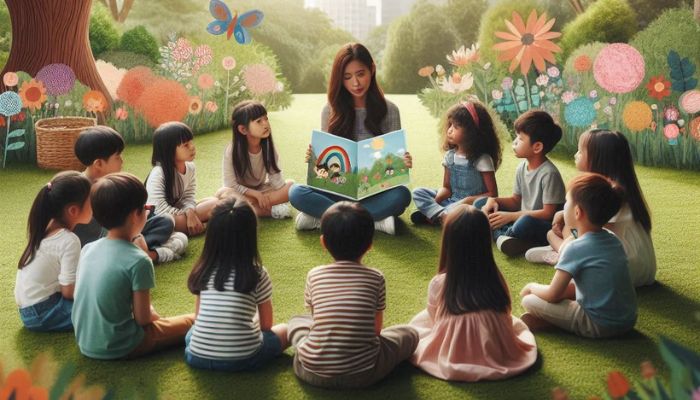
Outdoor learning is a key part of innovative preschool education techniques. By taking education outside the classroom, children are exposed to new environments that stimulate curiosity and imagination. Nature walks, outdoor games, and gardening allow children to explore and learn about the world around them in a hands-on manner. Additionally, outdoor activities promote physical fitness and motor development.
Conclusion
Incorporating innovative preschool education techniques such as hands-on learning, play-based activities, and sensory exploration not only makes learning enjoyable but also significantly enhances children’s cognitive and emotional development. As preschools continue to adopt these methods, we can expect a generation of learners who are not only academically prepared but also creative, confident, and socially adept. At Poly Kids, we are dedicated to fostering a nurturing environment where these techniques are integrated into everyday learning, ensuring that every child gets the best start in life.
